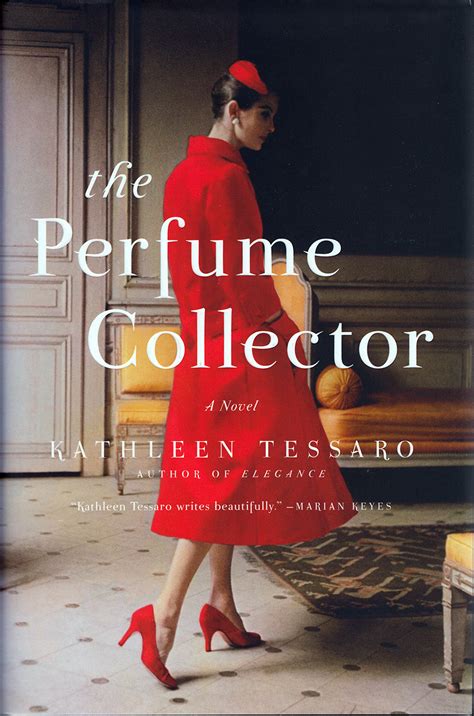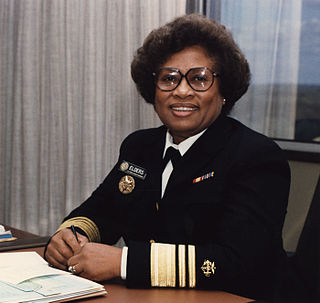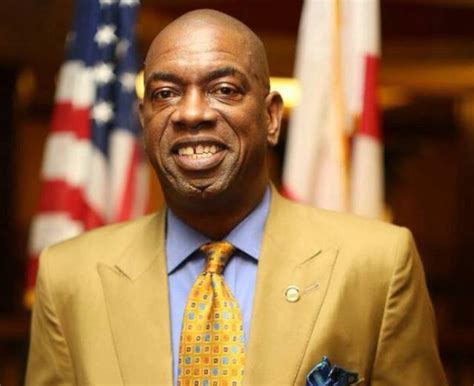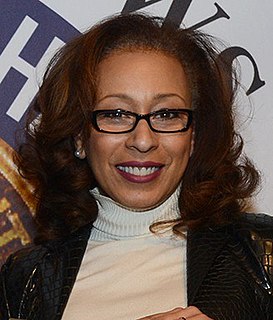A Quote by Bill Vaughan
The healthy life is hardly one marked by an absence of crises. In fact, an individual's psychological health is distinguished by how early he or she can meet crisis.
Related Quotes
I realized how for all of us who came of age in the late sixties and early seventies the war was a defining experience. You went o r you didn't, but the fact of it and the decisions it forced us to make marked us for the rest of our lives, just as the depression and World War II had marked my parents.
Most people assume that a muse is a creature of perfect beauty, poise and grace. Like the creatures from Greek mythology. They're wrong. In fact, there should be a marked absence of perfection in a muse--a gaping hole between what she is and what she might be. The ideal muse is a woman whose rough edges and contradictions drive you to fill in the blanks of her character. She is the irritant to your creativity. A remarkable possibility, waiting to be formed.
It has always been the role of government to help solve problems, including and especially health crises. Obesity is a health epidemic across our country, and we have a responsibility as a government and a society to do all we can to promote good nutrition and healthy eating so we can reverse this alarming trend.
In your 20s, crises tend to be about whether you are making the correct decisions for the rest of your life, namely in your job and relationship. In your 30s, work-related issues and break-ups feature prominently. In your 40s, for women bereavement is often an issue. For men, it is still to do with their job but it has moved to "Holy crap, I've got a lot to do". In your 50s, you get features of both early and later life crises - bereavement and ill health. And that continues in your 60s, with retirement-related issues and heightened awareness of mortality.
She was humbled, she was grieved; she repented, though she hardly knew of what. She became jealous of his esteem, when she could no longer hope to be benefited by it. She wanted to hear of him, when there seemed the least chance of gaining intelligence. She was convinced that she could have been happy with him, when it was no longer likely they should meet.
Poor countries are being forced to deal with an unprecedented health crisis without the means to tackle it . Governments can only show how seriously they are taking this crisis by taking immediate action to provide four million extra health workers and to grant those in need access to affordable medicines.
































